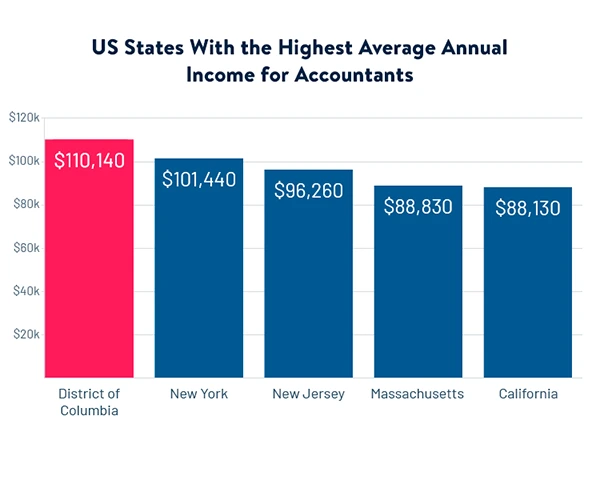In the real estate business, maintaining a precise accounting statement is paramount. The industry witnesses huge transactions amounting to 6-7 figures with ease. Thus, maintaining a proper record is indispensable.
This is why real estate bookkeeping becomes important for these firms to keep a precise track of their revenue and spending. Not only does it portray the real-time image of company funds, but it also helps businesses to stay ready for tax and other compliance.
Be it the best real estate listings or internal financial transactions of the company, real estate accounting is required at all stages. This write-up dives deeper into the details of this domain, so, stick to it if you want to learn more. Also, learn about Real Estate Mortgage Loans by reading this article.
What’s the Role of Accounting in the Real Estate Industry?
When it comes to the real estate industry, accounting is a key player that keeps a record of all financial transactions. Be it purchasing, selling, or renting out the property, all the amounts must be recorded in their respective fields.
Along with that, these records also help identify the total amount of properties as assets, and other capital, expenses, liabilities, etc. involved. Whether your operations are on a large scale or on a small scale, you always need to identify the financial records of your company.

Whereas, if you are a professional working in an accounting department of some real estate company, you would be responsible for portraying the real image of the company’s finances.
Noteworthy Aspects in Real Estate Accounting to Focus On
In accounting, there are some aspects that remain constant across all industries in the world. In easier words, some concepts in accounting will stay constant in real estate, tech, IT, e-commerce, or any other industries.
This section lists all those concepts that play a key role in the real estate industry as well:
- Assets: In simple words, assets refer to the resources that a company has for its use. These assets may further be divided into categories such as current assets and noncurrent assets. Current assets are simply resources that are limited for a short term, whereas, non-current assets are there for a longer term. In the real estate industry, your office property can be a non-current asset, and checks, patents, etc. are all current assets.
- Liabilities: When you or your company owes something (let’s say money), which you have to pay back for, is your liability. In other words, if you are responsible in any way, such as payment or repayment for a commodity, that commodity is a liability for you. For instance, a loan is a liability for which you have to make EMI payments with some interest.
- Equity: A simple formula to find equity is subtracting a company’s liabilities from the company’s assets. Better company equity is a sign of fruitful business decisions. Meanwhile, in real estate, the equity amount is figured out by subtracting the owner’s mortgage from the home’s market value, or vice versa.
- Income: There’s no chance we need to explain what income is. If put into simple words, income is the incoming cash flow to the company. The income is different from the profit, where profit is calculated after removing expenses and all the payments, whereas, income is the raw incoming of the cash flow.
- Expenses: Contrary to income, expenses are the outflow of the cash from the company. In the real estate business, there are numerous expenses. Even the daily-based expenses result in a huge amount at the end. For that, it becomes valuable to arrange a petty cash system. Along with that, all expenses like training, transportation, office infra, etc. can be counted.
Did you know, a statistical report by 99firms says that “Accounting is considered one of the safest industries, in terms of both need and relevance. Some other industries with good prospects to flourish over the next decade include technology, media, real estate, energy, and transportation, according to the Bureau of Labor Statistics data, analyzed by Fundera in 2018”.
Tips for Effective Real Estate Accounting
Now that you know what role accounting play in real estate, It’s time to glaze you with some fruitful advice for exceptional accounting accuracy:
- Categorise Accounts: By accounts, we mean that, in a real estate business, both revenue and expenses can be sourced to different factors. For instant commercial sale or residential rent, commercial expenses, or loan repayment. Thus, giving them separate codes and categorizing them would be a great option to ease the load.
- Use Digital Software: It is a bitter truth that software is somehow more accurate than human beings. When it comes to raw calculation or record keeping, there is no human vs. machine competition. Through software, you can emphasize effective storage and zero human error.
- Professional Support: If you are new to the industry or do not have expertise in this particular domain, you may seek advice on the Internet. Many service providers and professionals are out there to help you with your concerns.
Final Words
Accounting is one of the safest job options you can currently find in the market. With numerous job opportunities, accounting in real estate is a captivating way to explore. If you agree, share the blog with your friends and colleagues as well.

